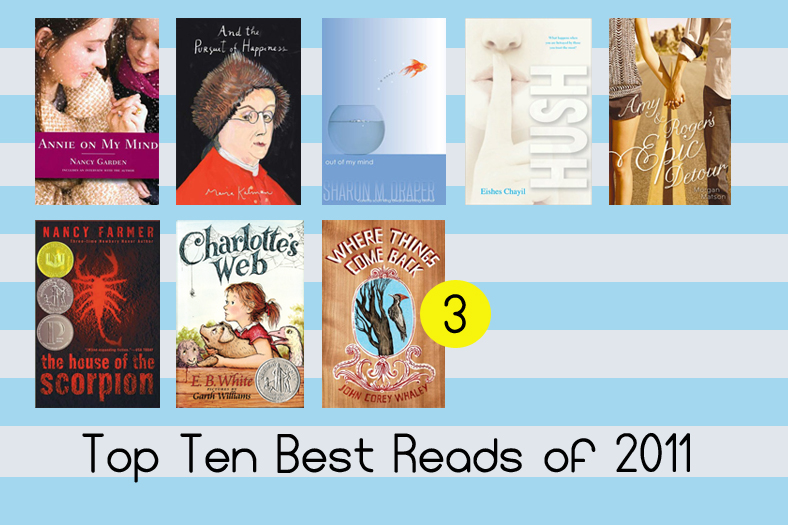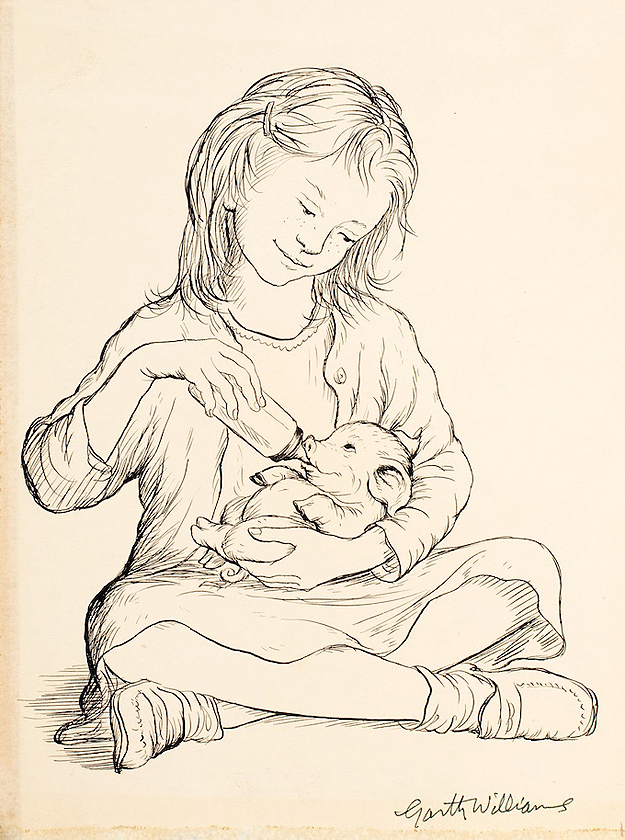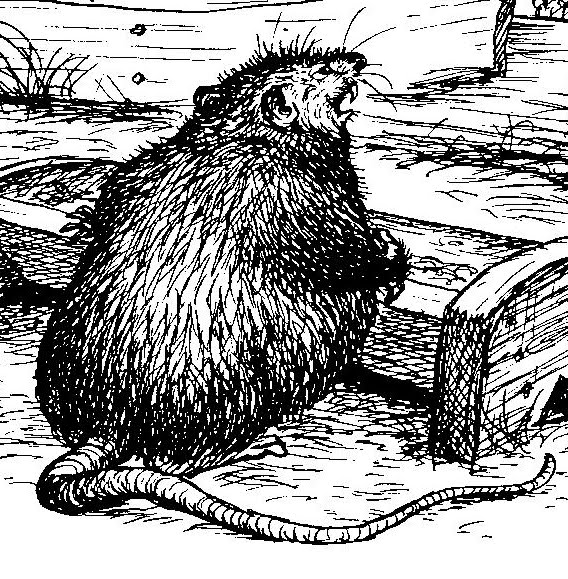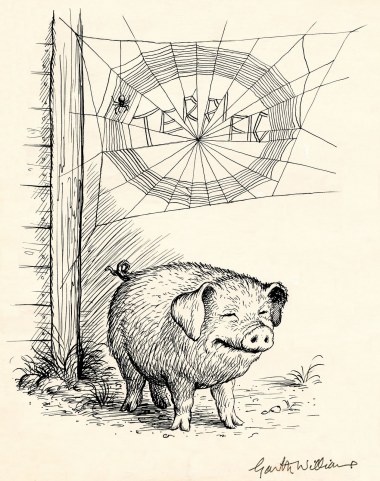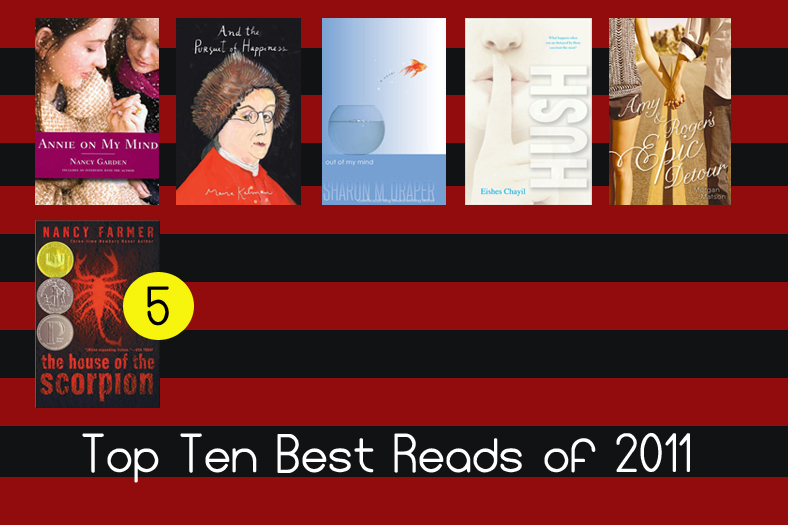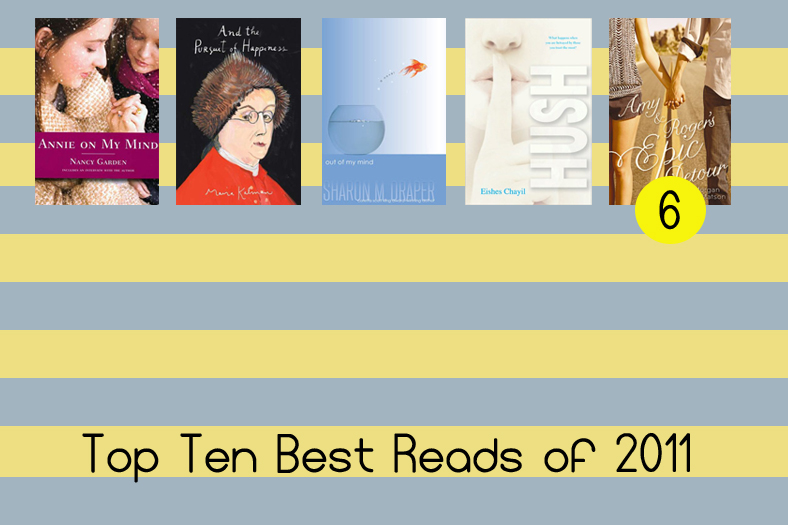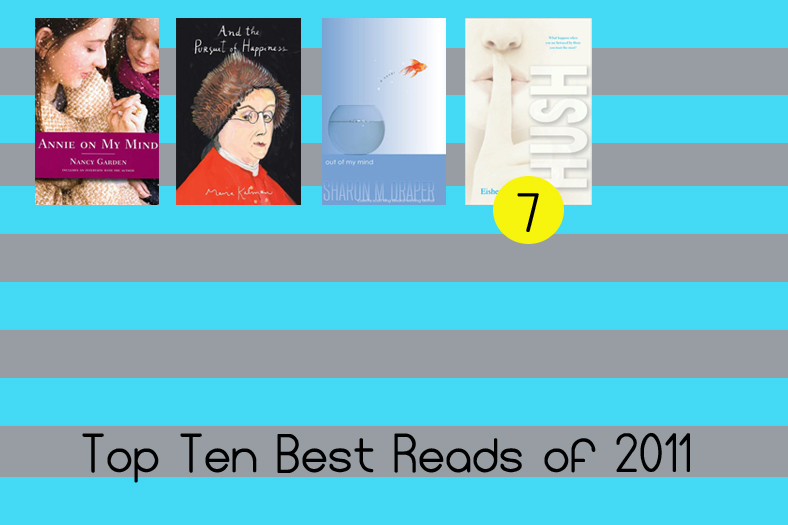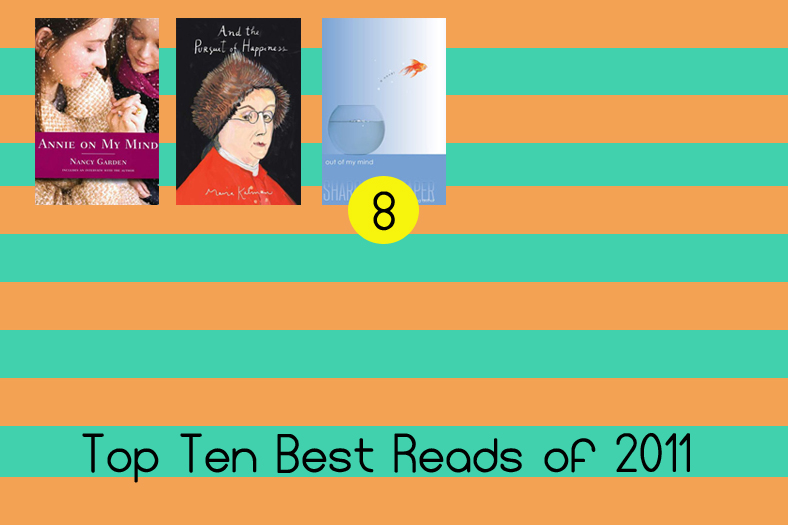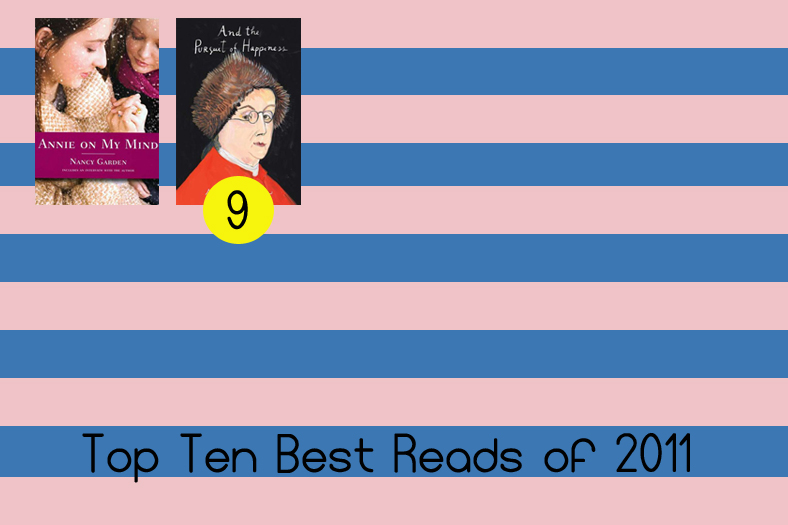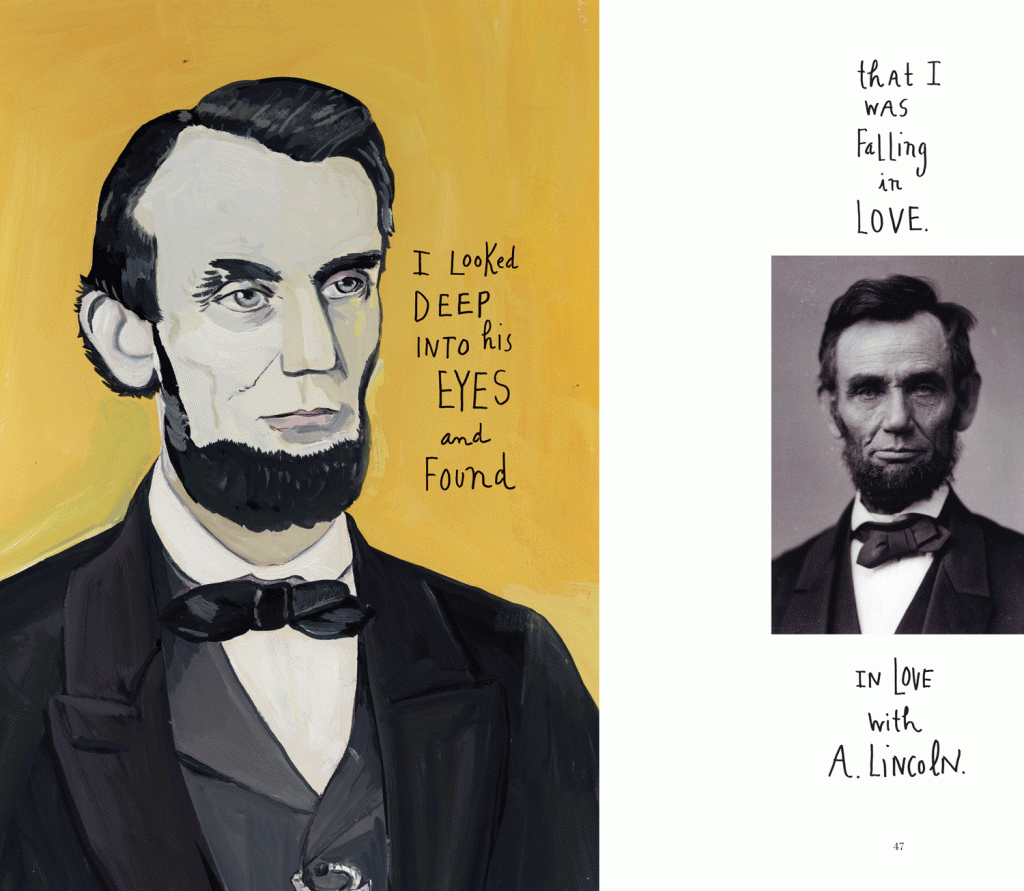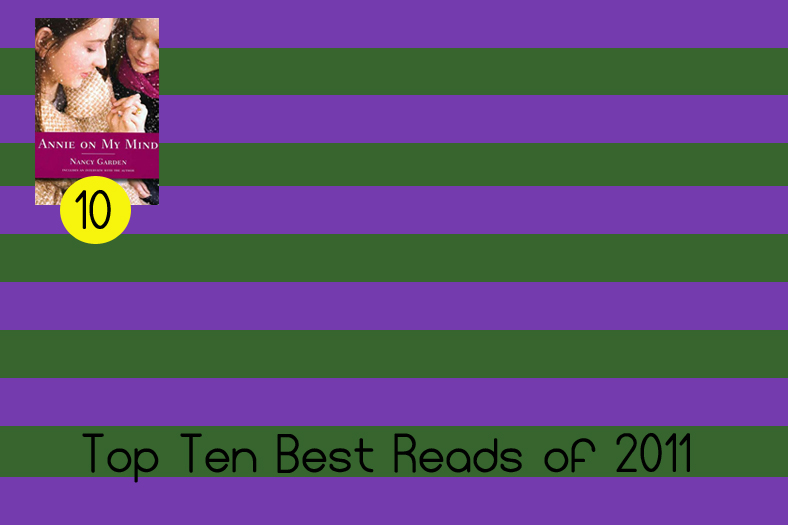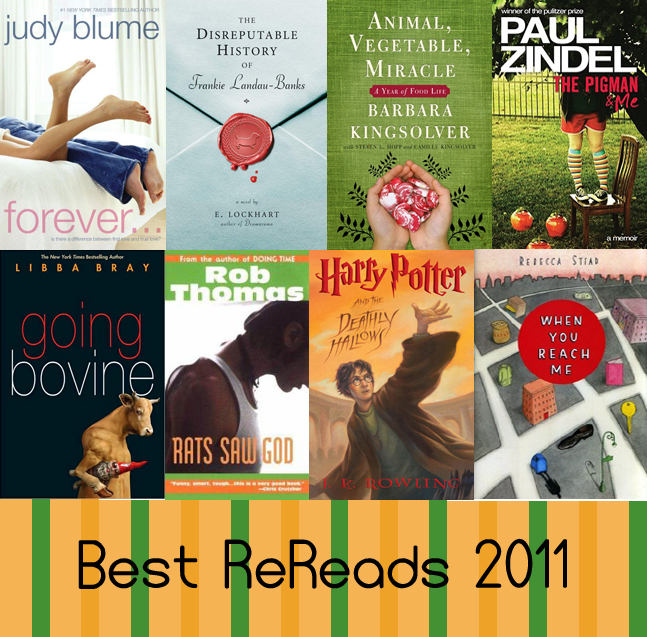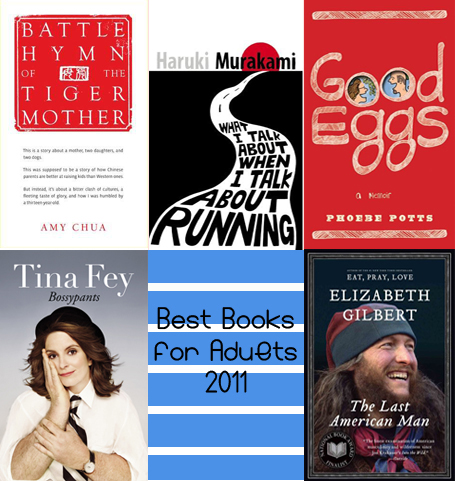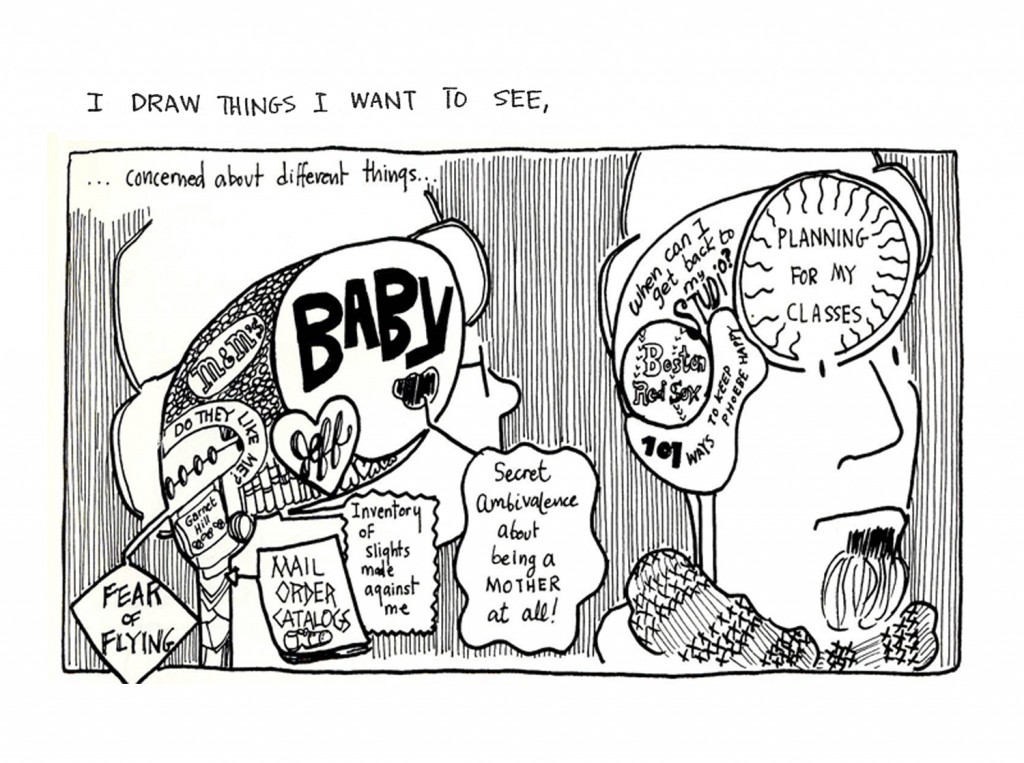#3. Where Things Come Back by John Corey Whaley
I feel like it’s unfair for me to praise this book, to insist you read it, because clearly this book was written expressly for me. Or at least expressly to the narrow window of readers that I most resemble, or something. Anyway, of COURSE I loved this book because I couldn’t NOT love this book. This novel could be a 250-page subliminal message that suggests I go on a quick killing spree or light my neighbor’s house on fire or vote Republican. Wouldn’t matter. I would still love it.
See? Not fair.
Here are the things I love: in general and about Where Things Come Back:
1. Realism I just read a semester’s worth of science fiction and fantasy. Yes, I am feeling more warmly toward this genre of the fantastic than ever before… but no. I do not love you, sci-fi fantasy, like I love realism. I feel like this makes me weird, but I am okay with that. To make matters worse, this was my first post-SFF read. Insert water+desert metaphor here. Where Things Come Back is exactly what I want from a work of young adult realism: rich cast of characters I want to know more about and their multifaceted relationships. Meaningful settings. A protagonist who hasn’t figured it all out yet, who makes questionable decisions, who speaks to you, the reader, with an understated urgency, pulling you into his world and his story.
2. Multiple Narrators Again, I think this makes me weird. I’ve heard a lot of people kvetch about novels with multiple POVs. Personally, I like them. Where Things Come Back has two: first- person protagonist/narrator, Cullen Witter, and a third-person storyline about a young missionary in Africa. And not only are these two unlikely stories intricately intertwined, they both become equally interesting and compelling reads, which is multiple POVs done right.
3. Ivory-Billed Woodpeckers Ever since I read The Race to Save the Lord God Bird for a class on Phillip Hoose’s literary oeuvre, I have found these semi-extinct birds completely fascinating. And maybe because they are so innately mysterious themselves, I feel like whenever a Lord God Bird pops up in any form of media, I pay attention. In this novel, the Ivory-Billed Woodpecker is all over the place – the town where Cullen lives is the site of a potential sighting – but then again, the bird is actually nowhere to be found. Cullen doesn’t have as much reverence or curiosity about these birds as I do, but because this book has woodpeckers, it’s a book I like.
Yes, yes. I am weird. I get it.
4. Sufjan Stevens John Corey Whaley reports that the idea for this book came from Sufjan Stevens’s song, The Lord God Bird. I love Sufjan Stevens. Anyone who listens to/draws inspiration from his music is okay by me. But most impressively, Whaley is able to capture something of the same aesthetic as a Sufjan Stevens song. Major points.
5. The Cult of the Author I am susceptible to hype, impressed by literary awards and recognitions, and a fan of cute boys.
See: Blog buzz, National Book Foundation 5 Under 35, William C. Morris Award noms. I’ll let you Google Image the last one at your own discretion.
Whaley gives off some John Green vibes, yo. Give him a few years and he’ll have a legion of fan-people. You heard it here first. This book is THAT good. If you build it, they will come, etc.
